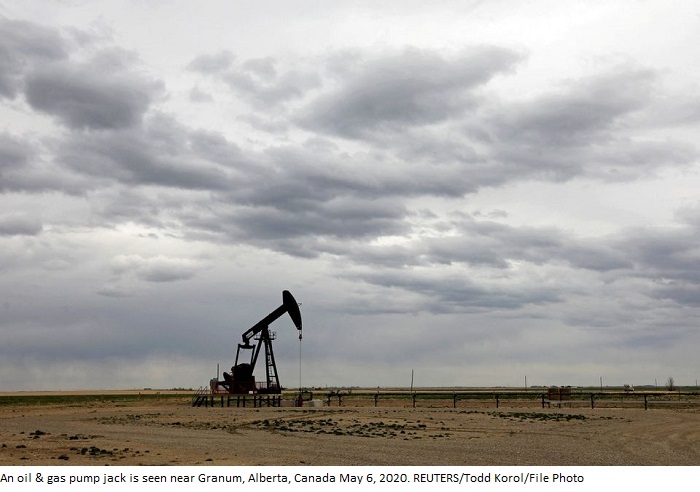Oil slides on release of strategic reserves and China lockdowns

Oil prices dropped BY more than $2 a barrel on Monday after a second straight weekly decline on plans to release record volumes of crude and oil products from strategic stocks and on continuing coronavirus lockdowns in China.
Brent crude for June delivery was down $2.12, or 2.1%, at $100.66 a barrel by 0756 GMT. U.S. West Texas Intermediate crude lost $2.21, or 2.3%, to $96.05.
Swiss investment bank UBS lowered its June Brent forecast by $10 to $115 a barrel.
"The release of strategic government oil reserves should ease some market tightness over the coming months, reducing the need for oil prices to rise to trigger near-term demand destruction," said UBS analyst Giovanni Staunovo.
International Energy Agency (IEA) member nations will release 60 million barrels over the next six months, with the United States matching that as part of its 180 million barrel release announced in March.
The moves are aimed at offsetting a shortfall in Russian crude after Moscow was hit with heavy sanctions over its invasion of Ukraine, which Moscow describes as a "special military operation".
The release of Strategic Petroleum Reserve (SPR) volumes equals 1.3 million barrels per day (bpd) over the next six months and is enough to offset a shortfall of 1 million bpd of Russian oil supply, JP Morgan analysts said.
More European Union sanctions on Russia are an option, the bloc's top diplomat said on Monday when asked if the EU was ready to consider a Russian oil embargo.
The market has also been watching developments in China, where authorities have kept Shanghai, a city of 26 million people, locked down under its "zero tolerance" policy for COVID-19. China is the world's biggest oil importer.
Anxiety about China's growth was the main reason for the fall in oil prices on the day, with Shanghai's lockdown showing no signs of being lifted and Guangzhou looking to start mass virus testing, said OANDA senior market analyst Jeffrey Halley.
"Fears are rising now that if China's Omicron wave spreads to other cities, its zero-COVID policy will see mass extended lockdowns that negatively impact both industrial output and domestic consumption," he said.
UBS analyst Staunovo also said that demand for oil will be affected in China by pandemic-driven mobility restrictions and in Russia by international sanctions.
U.S. President Joe Biden will hold a virtual meeting with Indian Prime Minister Narendra Modi on Monday, the White House said, at a time when the United States has made it clear it does not want to see an uptick in Russian energy imports by India.
In the United States, energy companies last week added oil and natural gas rigs for a third week in a row as Washington seeks increased output to help its allies wean themselves off Russian oil and gas.
Reuters












